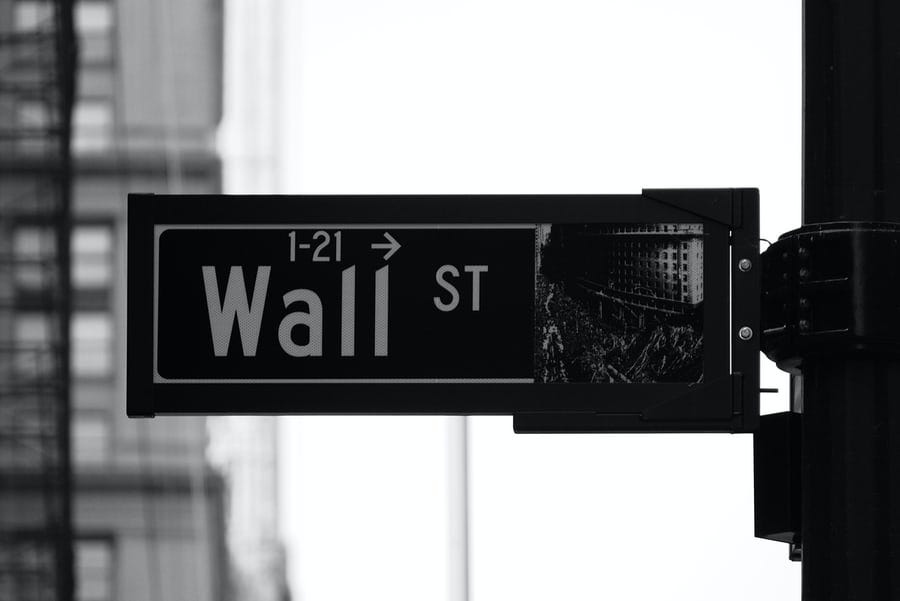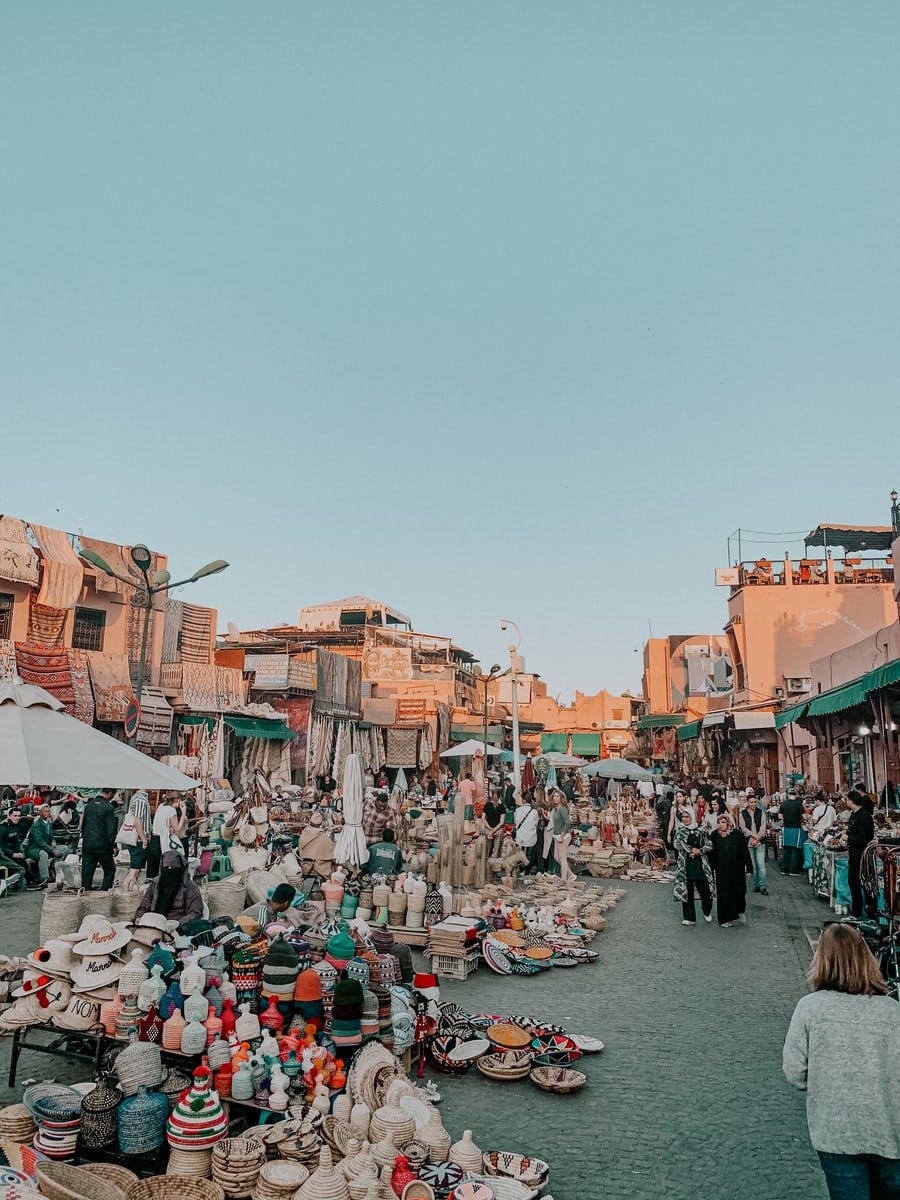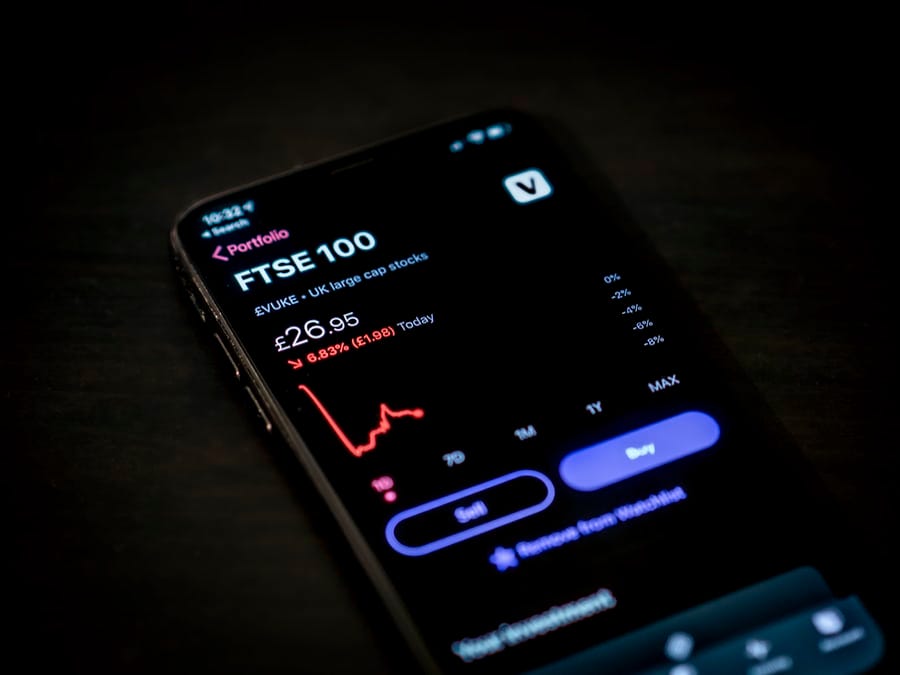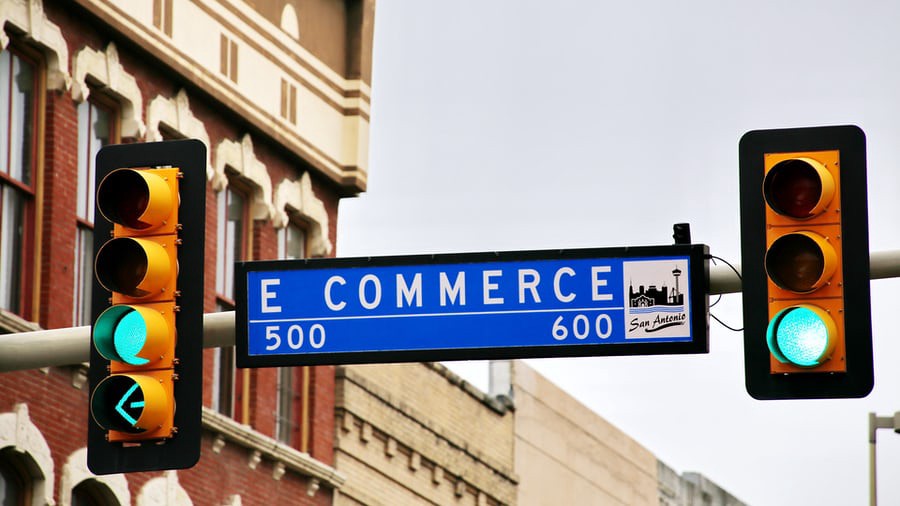During any financial collapse, race, bet, there are always winners and losers.
What tends to happen during all of these situations is that lower to middle-income families suffer and loose the most almost every time compared to wealthier Americans. History has not learned its lessons and it continues to repeat itself, just now in virus form.
This is unlike any recession we’ve dealt with as a nation in the last century, besides the Spanish flu becuase instead of banks bailing out and filing for bankruptcy, the core of our nation was beaten.
Badly and the 1% are growing.
Some of the 1% include: investment banks issuing loans and filing for more IPOs these past 2 quarters than in history, real estate quickly filling suburbia, and dealing with evictions and health care through the race for a vaccine has never been this prosperous.
But this means the poorer have never gotten this poorer. This past Thanksgiving, there was a 40% uptick in new American households needing to visit a food donation shelter while the stock market is booming.
So how is this possible?
We let the abandoned Americans struggle and big business flourish?
Welcome to America. It’s all about money not community. Maybe Joe can fix that, finally.

Why The Stock Market Isn’t Correlated To The Pandemic
Millions of trades are executed daily on the stock exchanges globally. They are exchanges done in real-time but are really based upon and planned for the future, hence the name, futures. 6–12 months down the road, to be exact.
The stock market isn’t necessarily a measure of economic activity instead it is a sneak peek into what will happen down the road. When the mark is down, more investors sell stocks but to actually make a return, it is best to sell high and buy low.
When the pandemic hit, the world’s largest economy swung not because of the virus but rather at-home stocks boomed and AMC and Equinox disintegrated. Today, the stock market has rebounded hitting its all-time high of 30,000 with hopes of a vaccine and decided election results, acting as if there was never a virus in the first place.
The S&P 500, which tracks the top 500 of the largest publicly-traded companies in the U.S., surged more than 40% from its lows in March during the beginning of June 2020, something that ironically common during recessions.

Discrepancy
Many analysts do suggest that the economy and stock market must be correlated because they both deal with unemployment, spending, and the overall workings/tracking of the businesses that keep our country growing. Yet, as the markets have continued to go in a different direction as unemployment claims rise and the dark winter is set to come, the market has no relevance.
This is the divide between Main Street and Wall Street. Main street are the millions of small businesses that run our economy and provide for more rural communities and the majority of the population in America, while Wall Street handles the big guys with the big bucks. With less than 40% of Americans invested in the stock market have some basis of financial literacy, no wonder Main Street is separate.
Looking Back or Forward
The stock market in its nature is forward-looking compared ot the economy is dealing with the collapse of American in real-time. In history, there is a common pattern that makes frankly no sense. A few months in and after a recession when the economy or country as we should call it is still recovering, the major indexes, S&P 500, Dow Jones, NASDAQ, and Russell 2000 have their best gains pre the recession. This means that investors are always optimistic.
Is this a good thing?
For a small percentage of wealthy and educated Americans yes, but no effect on the rest of the country.
“Only 14% of Americans are directly invested in individual stocks, while 52% of the population have some level of investment through their 401K or other retirement accounts”.
The 2008 financial crisis helps illustrate this point even further. The S&P 500 hit rock bottom around March 2009 and then rallied by more than 60% by the end of that year as investors became more optimistic about the economy.
The sad thing is that online retailers such as Amazon, Walmart, Target, and essentially any brick and mortar in-demand food, delivery, housing department store have crushed small business retailers.

Future Lessons?
It is unpredictable if these tough times have really taught us a lesson and educated the majority of Americans who are desperate to find another outlet to make money in and maximize their growth for the long run.
Wall Street is segregated and only growing further apart, in the opposite direction.
The true solution comes down to financial literacy. As much as we love to live in the jolly present and expect the best, it is important to be realistically pessimistic.
Prepare for the worst so you can live during it.
To survive during any volatile rough waters, you must be different and work towards preparation.
You don’t want an accident to happen but you never no so that’s why you buy insurance.
Same deal with everything.
What is certain is uncertainty.
Monopolies will continue to rule and the economy will fluctuate further if small businesses aren’t prepared. That will eventually affect the stock market, make the rich angry, and then possibly bring about change.
We cannot wait that long.
What you can do is create an emergency savings account to cover up to 2 years of living expenses, take 10 minutes out of your day to learn how to budget and pay off debt quicker and understand earlier than later that living frugally is the best thing you can do for yourself.
It is easier than you think and will make life easier later.
Don’t make your life harder than it is.
Put in the work, break that gap between Main and Wall Street.

